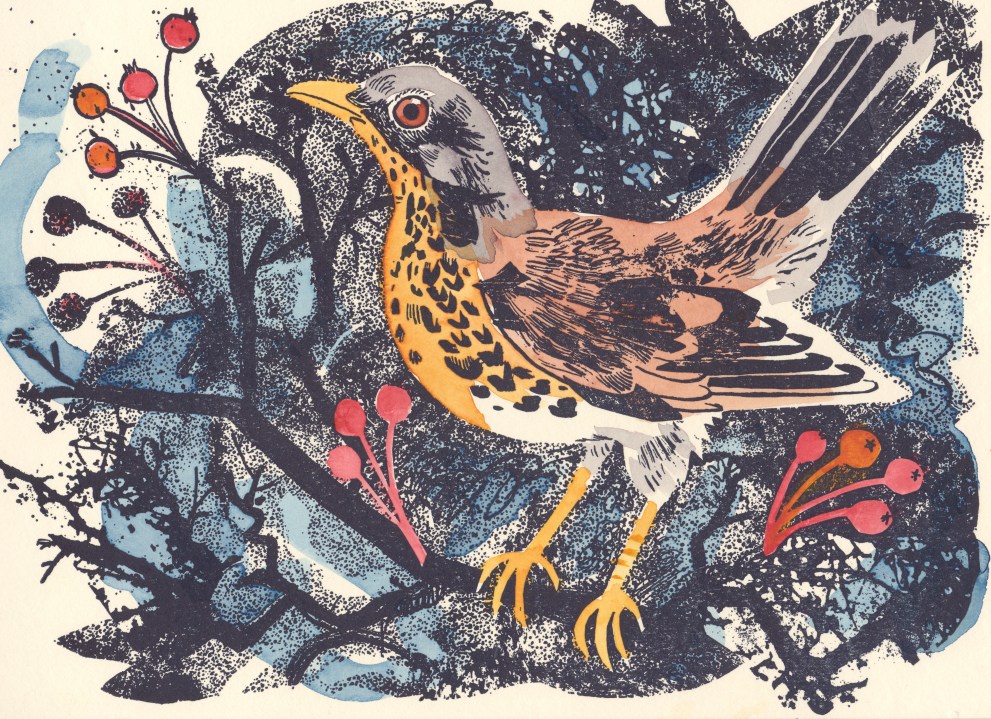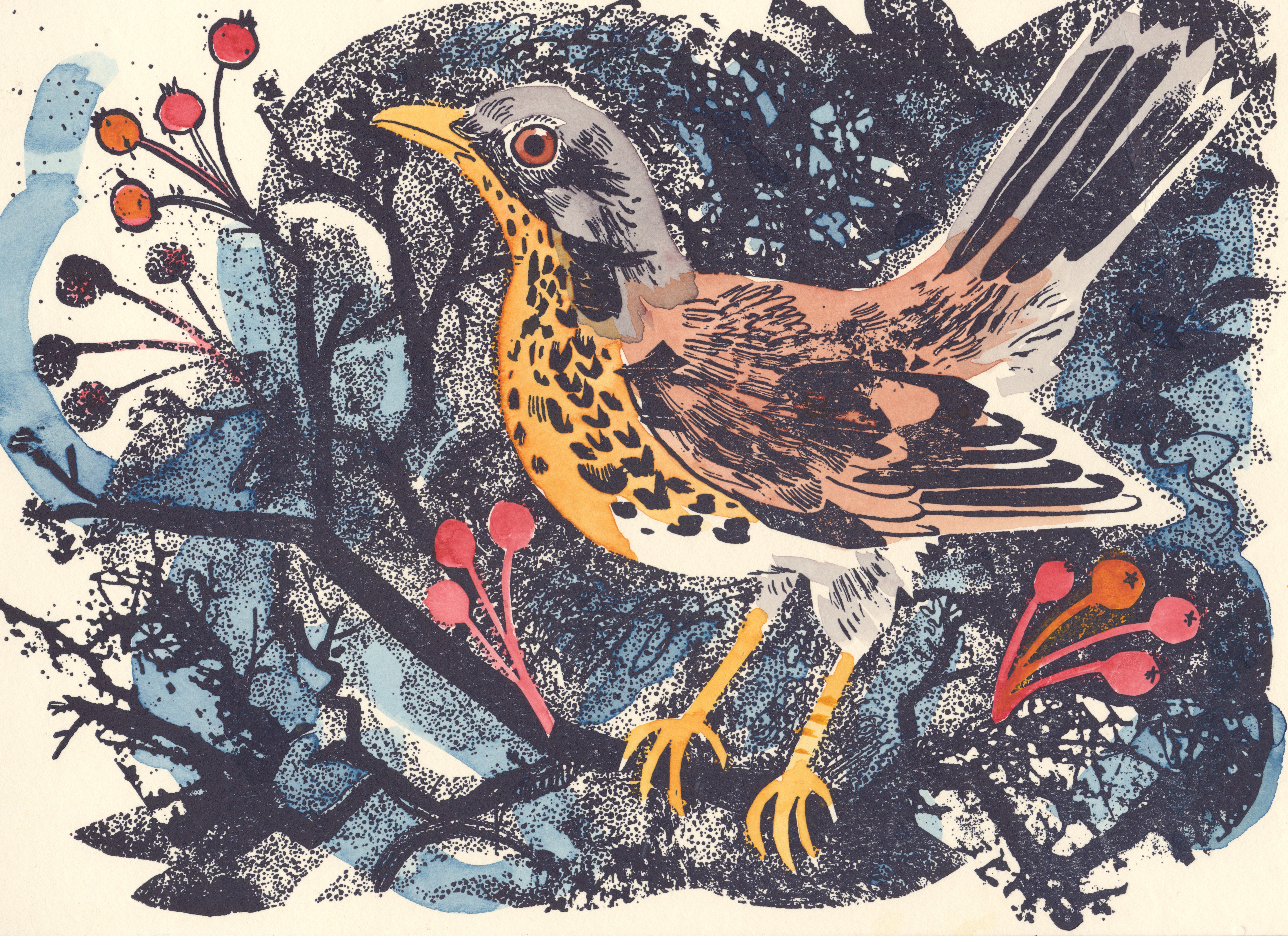It’s the thin end of the wedge, the slippery slope, the beginning of the end of a civilised Christmas. It is the first week of December and I still haven’t started my cards. My friend Charlotte was at it in October. She signed up for a lino-cutting class, cut holly boughs and robin redbreasts and printed her own cards. She sent me photos of the fruits (berries?) of her labours and very merry they were, too.
Usually, I am a Charlotte. By November, I have made cards, addressed envelopes, applied thumbs to 80 stamps. But after an illness in the autumn, I’m feeling as uncreative as a turkey. Could I cheat and send emails with a pious little homily about how, for the sake of the planet, I’m forgoing paper cards this year? But if the stalwart Charlottes (and formerly Lauras) of the world don’t keep it up, who will?
Has the death of the Christmas card been greatly exaggerated?
The first commercial Christmas card was produced in Britain in 1843, two years after the creation of the penny post. Henry Cole, reformer of the Post Office and later first director of the V&A, commissioned the card from the artist John Callcott Horsley and put it on sale at a shilling. It is a scene of half-measures cheer, more prim than Pickwickian. A family sip at their wine in an arbour of ivy. On either side are vignettes of Good Deeds. Cole’s card was a flop, but it trod down the snow for others. Christmas cards got going in America in around 1850 and really took off when Louis Prang, a German immigrant, started producing cards with printed messages, spangles, fringes, lace, feathers and assorted tassels and tinsels.
Every year, there are gripes in the broadsheet letters pages about how there is too much jollity and not enough holiness in the cards on the doormat, but from their earliest days Christmas cards tended more to snowflakes and sleighbells, less to wise men, shepherds, the ox and the ass.









Comments
Join the debate for just £1 a month
Be part of the conversation with other Spectator readers by getting your first three months for £3.
UNLOCK ACCESS Just £1 a monthAlready a subscriber? Log in